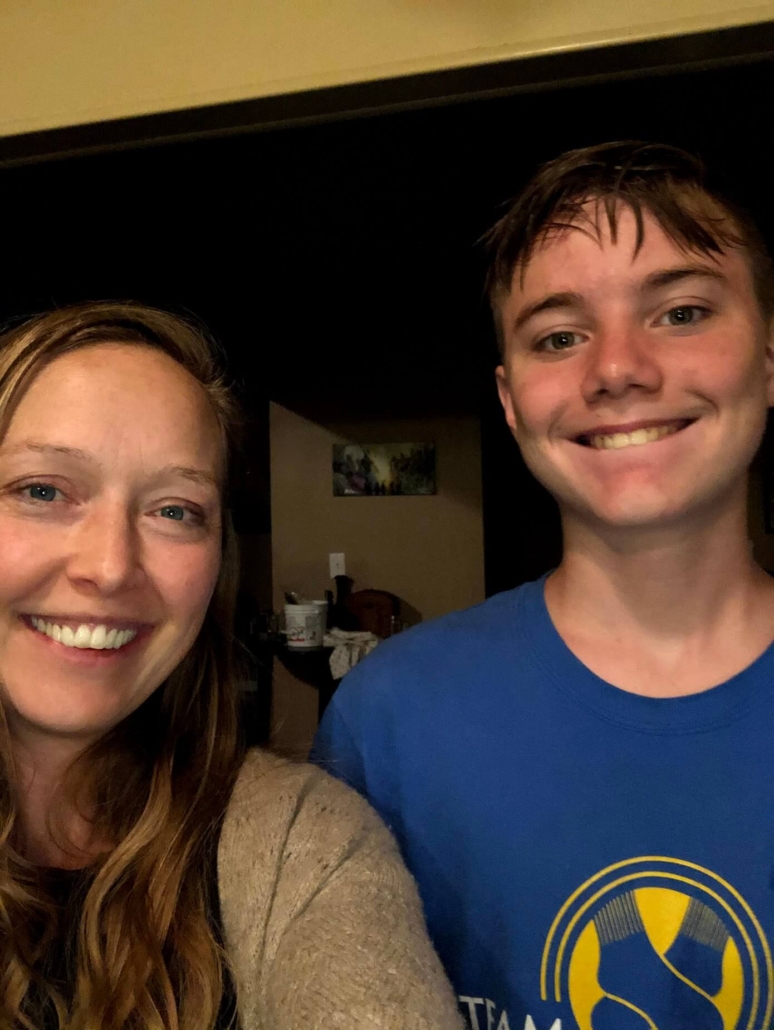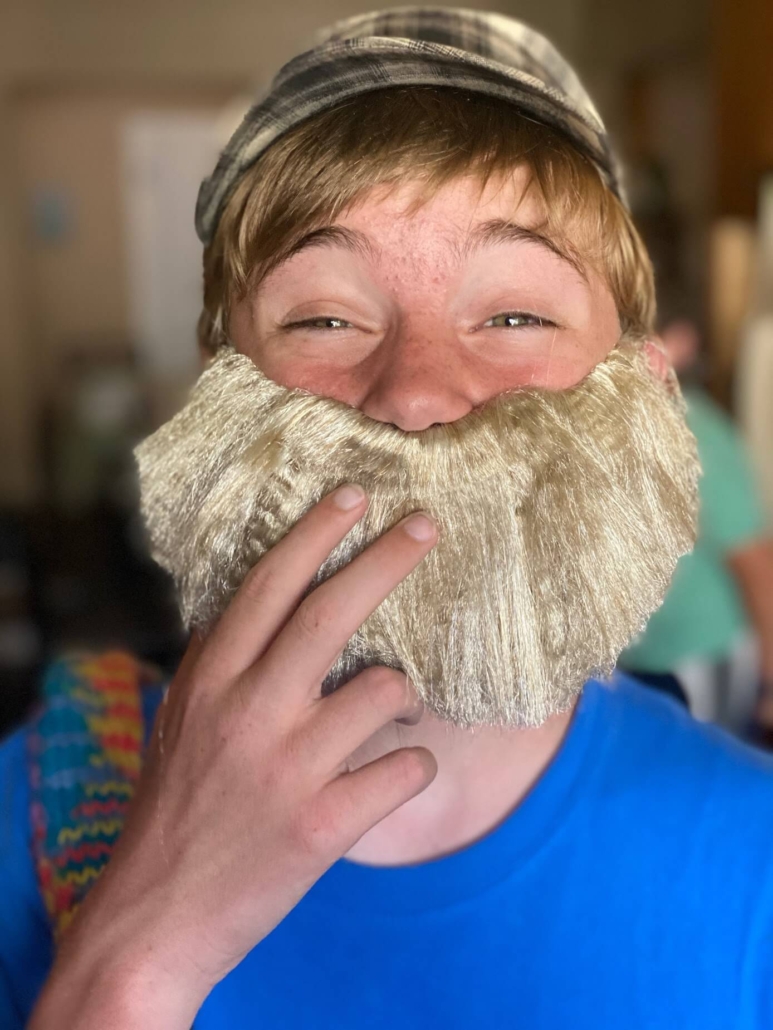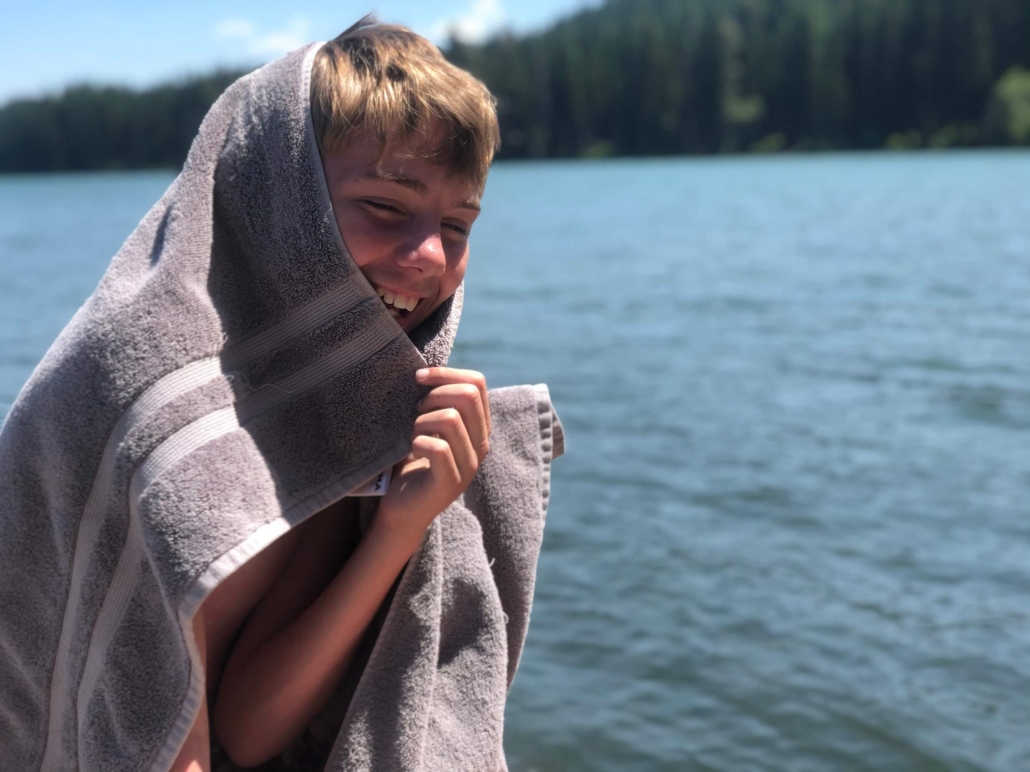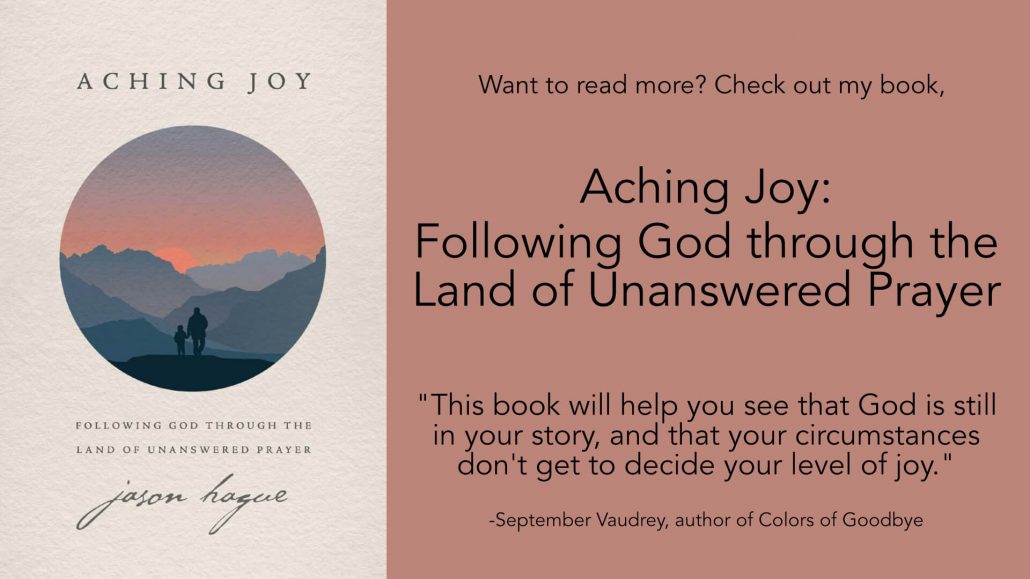How You Found Your Smile Again (A Letter To Jack, My Autistic Son)
Dear Jack,
It’s been seven months since the world stopped. You were so sad in the beginning. You didn’t want to get out of bed, and you didn’t want to play. But the most shocking this was this: you didn’t want to watch movies. Do you remember that? It was the first time this has ever happened. The sweetest thing in your world seemed sticky and irritating. It was confusing for you, and for all of us. Miss Janell would probably call it “topsy-turvy.”
This kind of thing happened to a lot of us this year. Our worlds became topsy-turvy. We stopped loving our favorite things, and we grew obsessed with things that never did us any good. Some of us decided the best way to be friends was through a computer screen. Some just wanted to be entertained by shows all day and all night. Others just wanted to be left alone.
Well, it’s been seven months, and those choices haven’t made us happy. Instead, we all became more anxious. Stressed. I know you know what that word means, because you push it on your device when you need a break.
And now, everyone is stressed. They are stressed because of the sickness, and because we’re about to pick a president. And they’re worried about real things like health and jobs and liberties and families and the future. But you know what they do to fix it? They try to distract themselves with more pleasures. For you , that would look like this: more screen time, more news, and more peanut butter cookie balls. More, more, more.
The problem is that more doesn’t really solve anything. We can’t run away from the things that make us sad. We can’t bury them with more. Because too much screen time makes our minds foggy, and too many cookie balls makes our stomaches ache. Then, when we stop feeling sick, we still have to figure out what to do about sadness.
They need to learn from you, son, because you found your smile again. Do you know how? I think I do.

The first thing you did was to admit when you were sad. You started coming up to us in the kitchen, opening your arms, and saying one word: “sad.” Pretty easy, huh? Well, it worked.
This happens every day now. You say you’re sad, and we say, “oh you’re sad? Well let me give you a hug.” And you lean in (or with mom, you lean DOWN), and we wrap our arms around one another. You might cry a little, or at least pretend to. (Sometimes you’re faking because you just want a hug. We’re on to you, man!) But it works. We pat each other on the back, and then we back up, a little cheerier.
Son, I cannot stress this enough: we adore this. We love it so much. We love that you can admit your feelings. And we love that you let us comfort you.
There’s a fancy word for this that grown-us use: vulnerability. It means being honest about the things you’re feeling, and then letting others help you. I wish more people knew how to do this, because I think it would work for them, too. See, we’re not supposed to be sad by ourselves. We’re supposed to be sad together. That’s what helps us be happy again.

You didn’t stop there, however. There’s one other thing you did during this seven months that helped you find your smile. Do you remember when the masks started? Well, Miss Beth knew how much you loved beards, so she got you a big long one—like a Santa beard—and trimmed it down for you. For a few weeks, it became your costume and your mask. You stared at your reflection, lowered your voice like Will Arnett in Lego Batman, and said the word, “Beard. Beard.” Then you laughed and laughed.
Instead of getting upset about the masks, you found something to be happy about. You were thankful. There’s a fancy word for this kind of thing, too: gratitude. That’s the thing that makes us happy in the end. It’s not more stuff; it’s a grateful heart. Remember what Junior Asparagus sang with his dad in Madame Blueberry? “A thankful heart is a happy heart.” Because even when we’re afraid and stressed and the world is topsy-turvy, there are still hugs in the kitchen, and funny beards in the hall, and a dog to kiss in the living room. Joy is real, son. It is a gift from the same God who gave you to us, and who gave us to you.
Vulnerability and Gratitude.
You don’t have to remember those two fancy words. But I hope you never forget how they work. Because those were the things that helped you find your smile again.
Thank you for teaching us, son. We’re listening.
Dad



